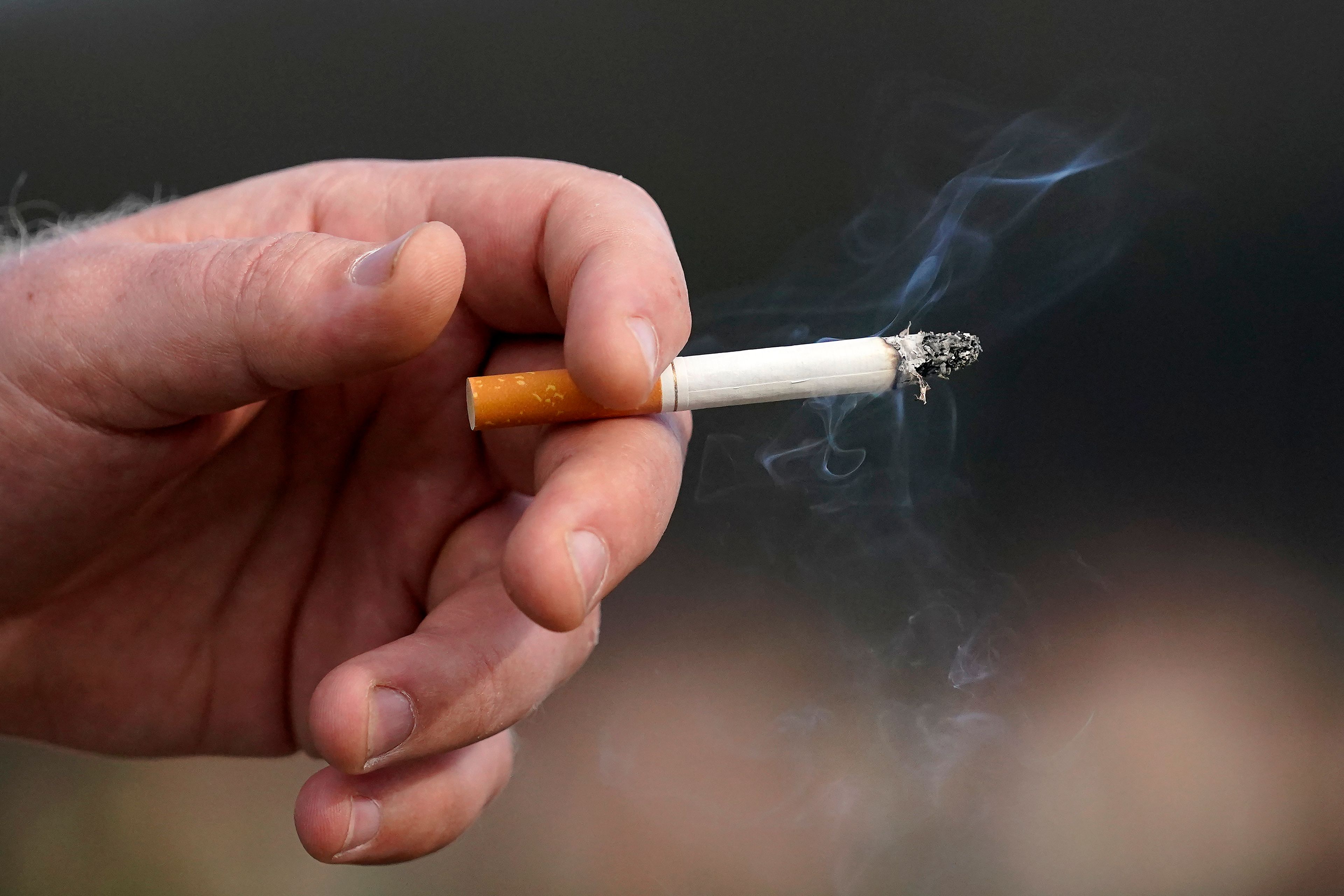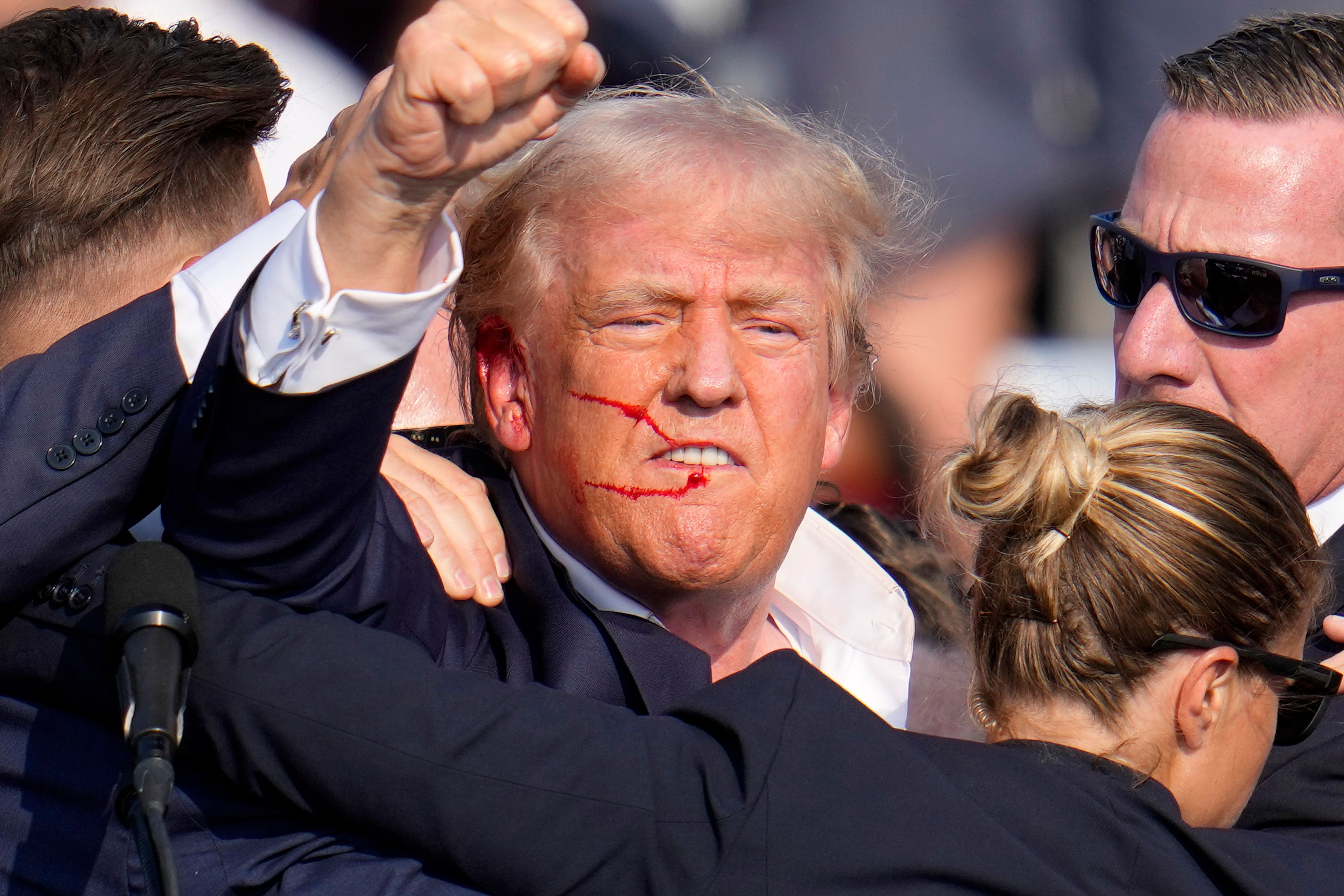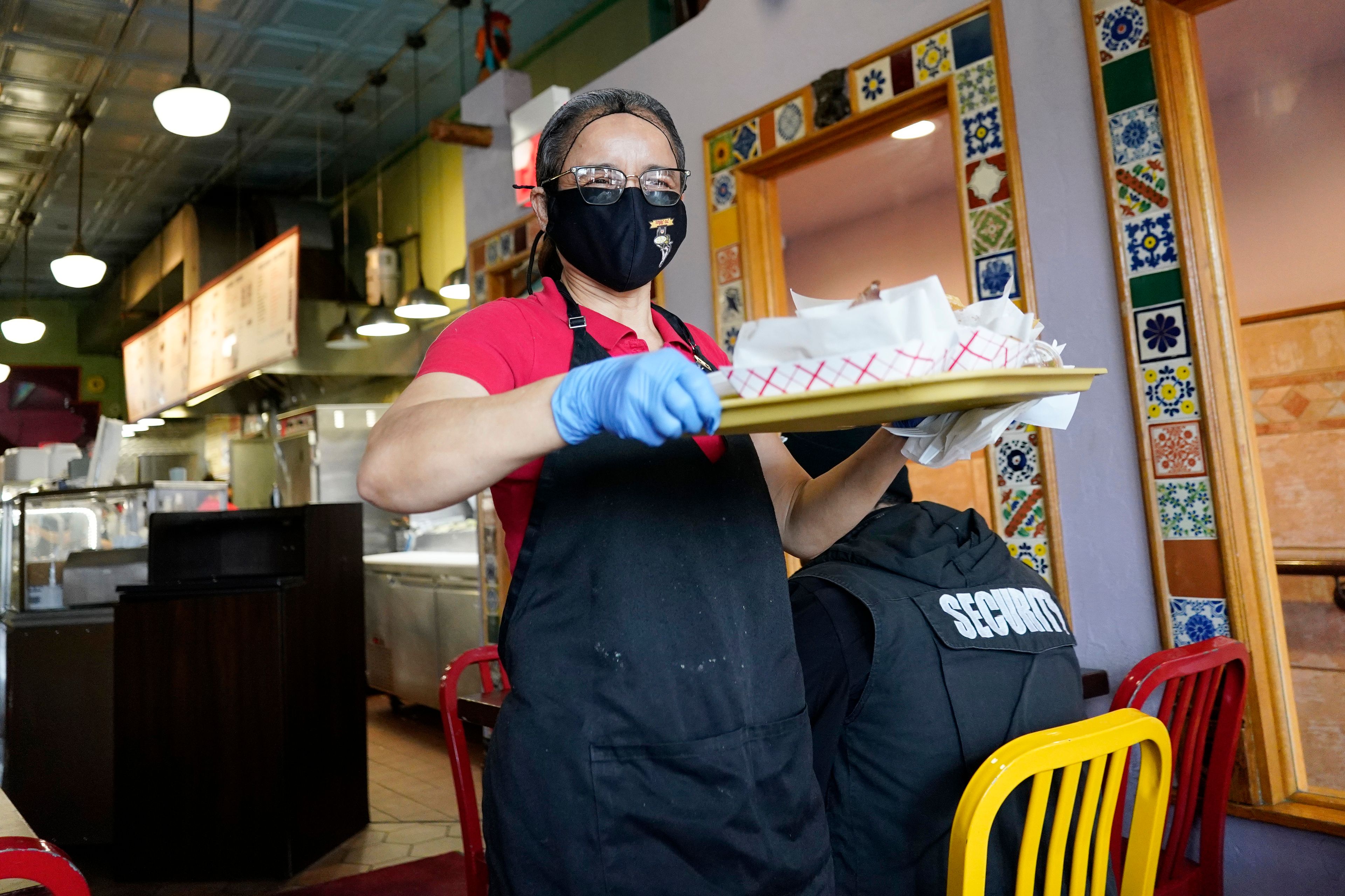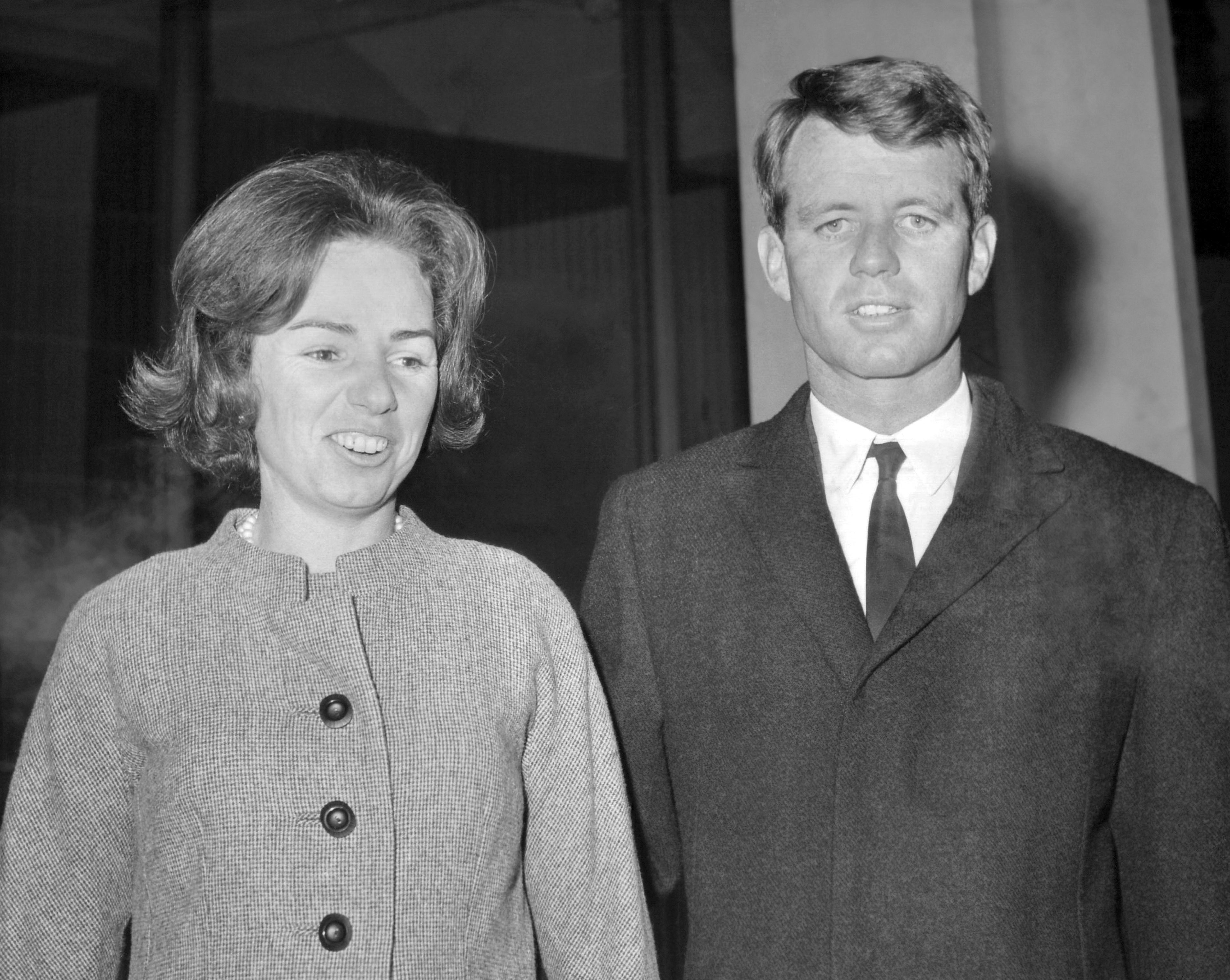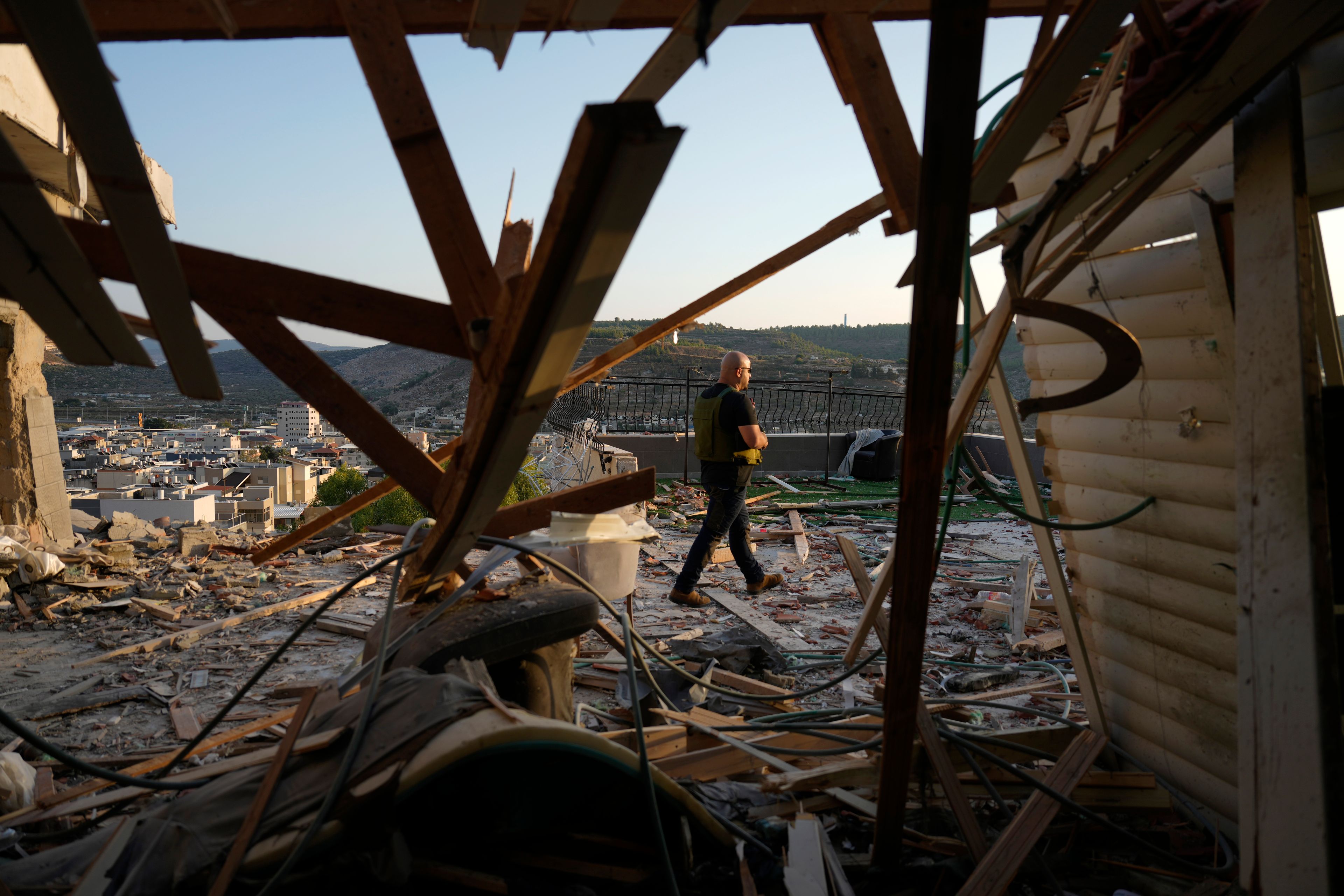Who else was stealing? Conspiracy plea deepens mystery in San Joaquin Valley water heist
FRESNO, Calif. — The former general manager of a San Joaquin Valley water district, accused by federal prosecutors of carrying out one of the most audacious and long-running water heists in California history, pleaded guilty Tuesday to a version of the crime far more muted than what prosecutors had laid out in their original indictment.
As part of a plea agreement negotiated with prosecutors, Dennis Falaschi, 78, former longtime head of the Panoche Water District, appeared in a Fresno federal courtroom and pleaded guilty to one count of conspiring to steal water from the government and one count of filing a false tax return.
The plea deal is a jarring twist in a case that has captivated farmers in the San Joaquin Valley. In 2022, prosecutors accused Falaschi of masterminding the theft of more than $25 million worth of water out of a federal irrigation canal over the course of two decades and selling it to farmers and other water districts. The water grab, as laid out in the indictment, happened cat-burglar-style, siphoned through a secret pipe, often after hours to avoid detection.
According to the indictment, proceeds that should have gone to the federal government instead were used to benefit Falaschi, his water district and a small group of co-conspirators, much of it funneled into exorbitant salaries and lavish fringe benefits.
But the plea agreement tells a more convoluted tale — one that downplays Falaschi's culpability and raises a host of questions about who, exactly, engineered the water theft, who benefited and how many others were involved.
From 1986 until 2017, Falaschi was general manager of the Panoche Water District, a public agency that supplies irrigation for 38,000 acres of farmland in Fresno and Merced counties on the parched western side of the San Joaquin Valley. The water district draws much of its supplies from the Delta-Mendota Canal, a major artery in the federal government's Central Valley Project, a system of dams and canals that moves water from Northern California to enable industrial-scale farming in the state's arid interior.
The federal government charges local irrigation districts for use of its water, albeit at reduced rates from those available on the open market. Each year, the government announces how much water local districts will get at those reduced rates. In drought years, the government generally shrinks its allocations, forcing farmers to pump groundwater, buy what they need on the open market or let fields go fallow.
According to a description of the crime laid out in the plea agreement, Falaschi learned "prior to 2000" that an old, abandoned standpipe on the Delta-Mendota Canal was leaking into a parallel local irrigation ditch, meaning the water flowing out was not subject to federal metering. The factual basis filed with the plea deal states that a farmer whose land was affected by the leak — who at the time was also president of Panoche's board of directors and thus Falaschi's de facto boss — told Falaschi not to report it to water authorities.
Panoche employees modified the leaking standpipe so it could be opened and closed, according to the plea agreement documents, allowing for water to be drawn from the Delta-Mendota Canal on demand and undetected.
In the years that followed, the agreement documents state: "Evidence obtained during the government's investigation further showed that Mr. Falaschi was just one of several individuals who were involved in the misconduct and the full extent of the misconduct was unknown to him."
Panoche "board members, supervisors and lower-level employees likely acted on their own accord and took federal water for their own use and benefit at times," the documents state. "For example, Farmer #1 likely took the water, or directed his or her ranch hands to take the water, either on their own or by contacting PWD employees directly and not alerting Mr. Falaschi."
The plea agreement drops another bombshell, alleging that Panoche employees "also likely continued taking federal water from sites other than the old standpipe well after Mr. Falaschi left the district in 2017."
The government offered no details about this allegation, or whether officials believe the alleged theft has stopped.
Falaschi, the government now contends, was responsible for stealing less than $3.5 million worth of water, a small portion of the $25 million prosecutors alleged was stolen over the years in the original indictment. Moreover, despite what prosecutors alleged in the indictment, the plea deal stipulates that there is no evidence Falaschi directly profited from the misconduct, but instead that he used the purloined water to dilute salty and toxic farm runoff, "which helped protect farmland and improve water quality in the San Joaquin River."
The plea agreement does not name the Farmer #1 who allegedly conspired with Falaschi. And it is vague about the date when the leaky standpipe was discovered, making it difficult to pinpoint what years are in question as far as who was leading the Panoche board.
Whether the federal government intends to pursue charges against the unnamed alleged conspirators — or simply call the episode closed — remained unclear Tuesday. As part of the plea deal, Falaschi has agreed to cooperate with federal prosecutors in any further investigations. According to the court documents, that includes attending grand jury sessions and trials as requested by the government, responding truthfully to all questions and turning over any records requested by the government.
During Tuesday's hearing, Falaschi, wearing a charcoal suit and tennis shoes, spoke little except to tell U.S. District Judge Jennifer Thurston that he suffered from hypertension and diabetes. In response to a question from Thurston, he testified that he has a high school education. He declined to speak with The Times after the hearing concluded.
His attorney, Marc Days, also declined to comment, as did the federal prosecutor, Assistant U.S. Atty. Joseph D. Barton.
Falaschi faces a maximum term of eight years in prison for the two counts included in the plea agreement, which also states the government "may recommend" he be sentenced to the low end of that term. A sentencing hearing was set for September. The agreement calls for no financial restitution, noting that the Panoche district in 2021 agreed to reimburse the Bureau of Reclamation nearly $7.5 million for unauthorized diversions of water from the Delta-Mendota Canal from 2009 to 2015.
Kevin Little, a Fresno attorney who has watched the case closely, said the agreement "likely marks a whimpering end to what started as a major case."
Little represents an employee at the San Luis & Delta-Mendota Water Authority who discovered the illicitly modified standpipe in 2015. Little said the plea agreement "reflects a recognition that someone who was never charged with a criminal offense was perhaps the moving force behind the water fraud scheme."
In the end, he said, prosecutors "exacted the requisite pound of flesh from Mr. Falaschi. Or at least an ounce."
©2024 Los Angeles Times. Visit latimes.com. Distributed by Tribune Content Agency, LLC.


